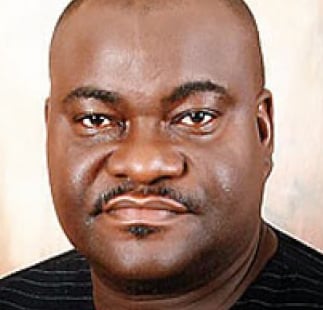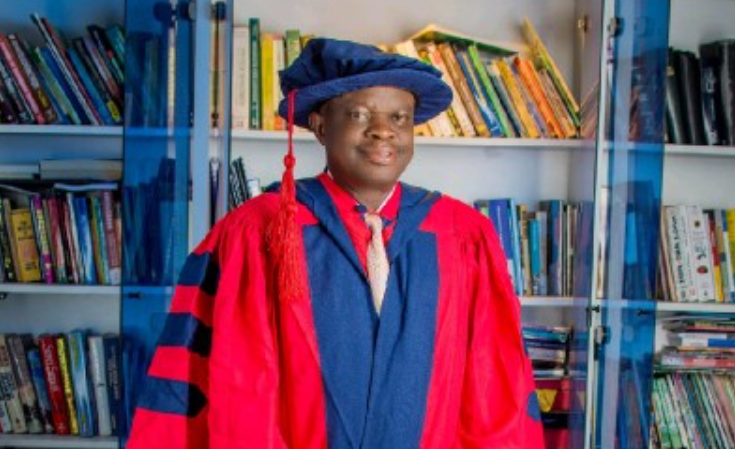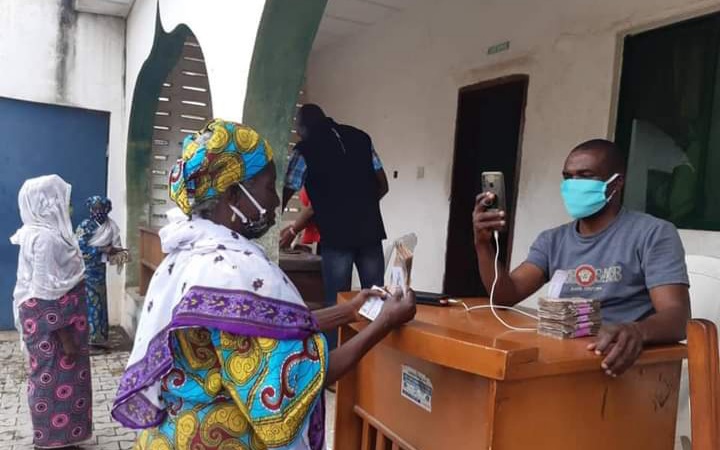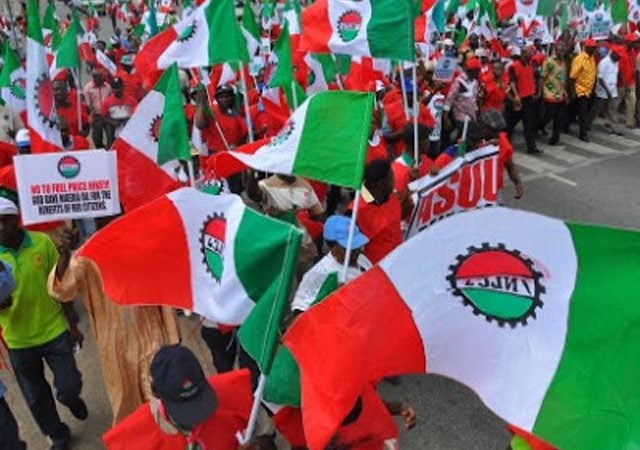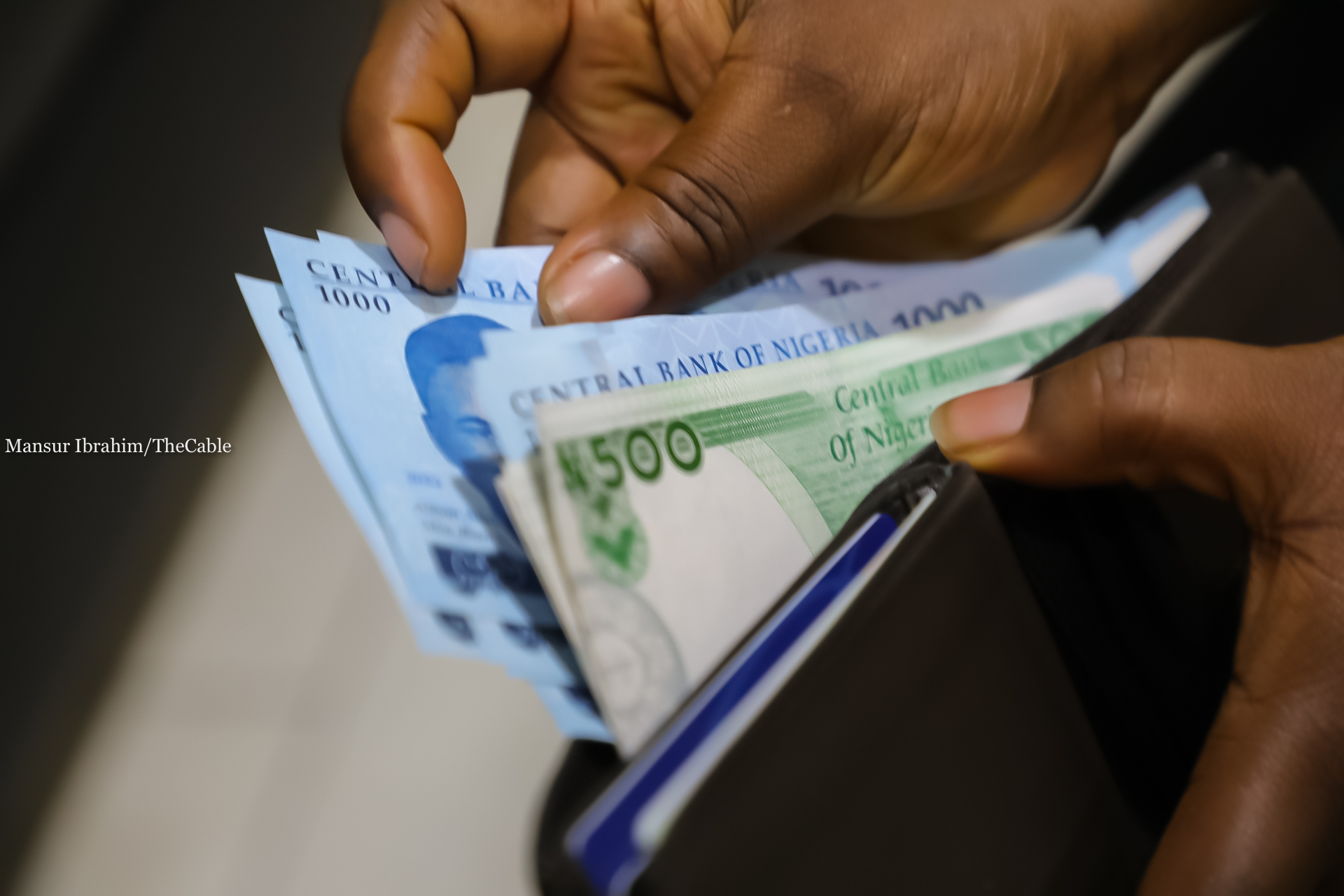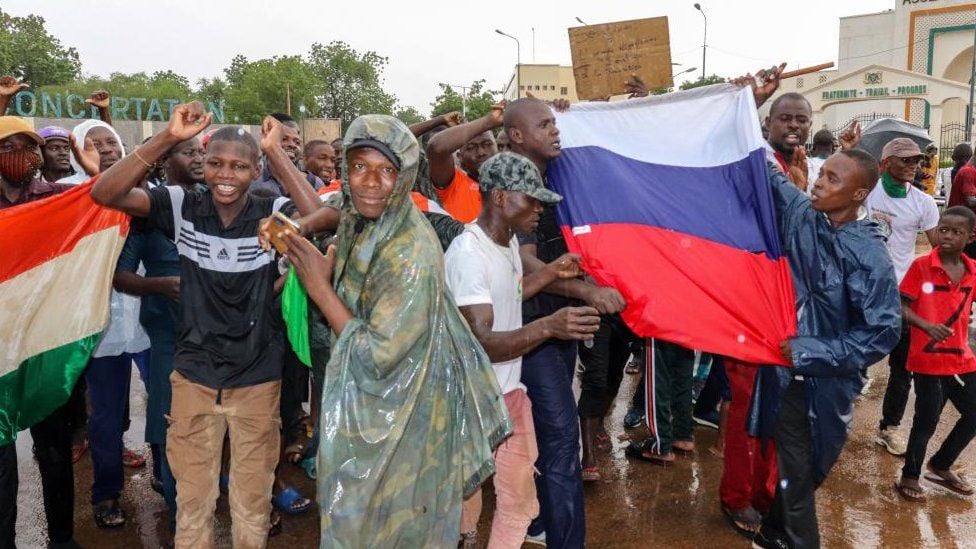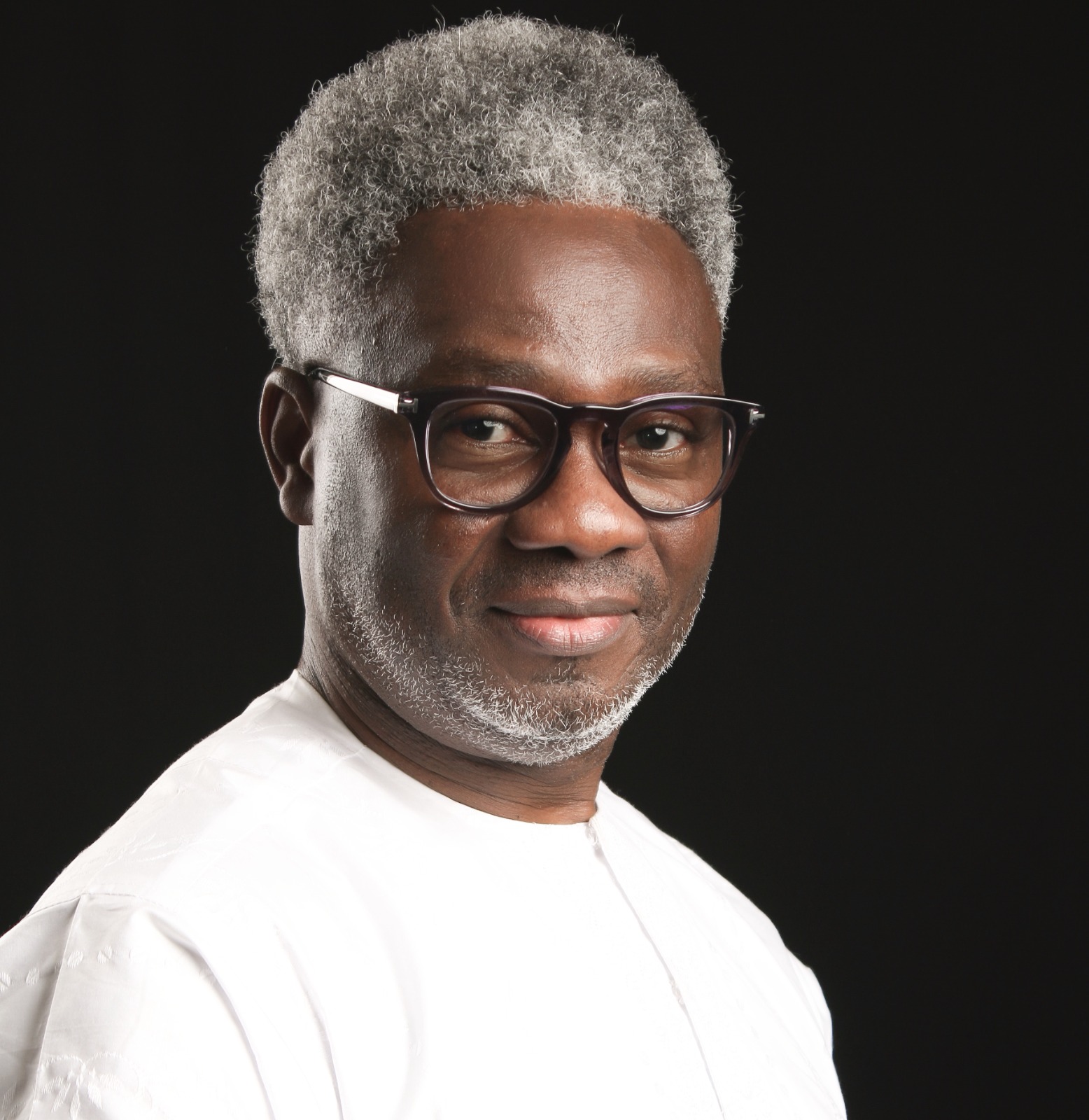My trusted friend, brother and confidant of four decades now, Femi Ajisafe the multitasking agricultural economist, research and planning expert, transport management professional and farmer extraordinaire and I, met in very interesting circumstances. Back home in the old Kwara state upon completion of the compulsory one-year National Youth Service Corps (NYSC) in Imo state, job opportunities were scarce.
Months earlier, I had attended an interview at the Kwara State Broadcasting Corporation, popularly known as Radio Kwara, from my NYSC outpost in Owerri. The position advertised was that of current affairs officer. I led the pack of all applicants for the position but I was nonetheless denied the job. I learnt later that I lost because of my religious inclination despite being graded 90% by the interview panel. I am a Christian by the way.
In the absence of real-time information technology, news went around via traditional channels, the Nigerian Television Authority (NTA) news bulletins and Radio Kwara announcements inviting applications for teaching jobs from young, qualified indigenes of Kwara state. Specifically, applicants had to be graduates of science courses and European languages. The initiative was the Kwara state government’s response to the mitigation of a potential unemployment crisis in the state. Science subjects and languages were basically taught in secondary schools at the time by Indians, Pakistanis, Ghanaians, Togolese and Beninoise. The state government had to summarily terminate their contracts to make way for sons of the soil. The government in place at the federal and state levels was military rulership. There was no resort to parliament to take this decision.
There were quite a number of unsmiling faces the day we successful candidates picked up our letters of appointment. Many of us were flung to distant communities in parts of the old Kwara state, some of which have been realigned with contemporary Kogi and Niger states. I was one of the disaffected. I couldn’t imagine how a “city boy” like me was flung to Ponyan in the depths of Yagba land in the erstwhile Oyi local government area. You have to appreciate my unhappiness for a man who was born in Kaduna City, raised in Benin City, attended the University of Ilorin (Unilorin) and underwent the NYSC in Owerri. My eyes caught those of this guy who was poking fun at me as I grudgingly collected my letter, as though he knew me before.
Advertisement
Days later, I joined a rickety commuter bus in Mopa in the present-day Mopamuro local government area en route reporting for work in Ponyan. We took in generous quantities of dust as the vehicle traversed communities in the area popularly known as South East Yagba. I notified the driver that I will alight at the gate of Oke-Oyi Secondary School in Ponyan as we approached the pristine community. As he pulled over and I got down, one more passenger alighted. I looked at him critically as we both dusted our clothes and walked into the school. “Your face looks like one I saw at the Kwara State Educational Management Board, (KWSEMB), the other day,” I started a conversation. Ajisafe smiled and admitted he was one of those poking fun at people who wore gloomy faces after picking up their letters in Ilorin just days before. “So you were also deployed here,” I asked. He answered in the affirmative. We both shook hands, had a very good laugh and welcomed ourselves to Ponyan! Ajisafe and I hit it off therefrom. We were both engaged by the Kwara state government on September 25, 1986. Our civil service numbers were serially listed next to each other.
Ponyan was deeply recessed in the forested wombs of the Okun country in our time. Its pristine flora which boasted cocoa, kola nut and shea butter trees amongst other species, was intertwined with those of today’s neighbouring Ekiti state. From both the Isanlu and Omuo-Ekiti accesses in the former Kwara and Ondo states, Ponyan was accessible only by earth roads. The entire stretch of communities on the Jege-Aginmi-Ejuku-Ponyan axis was served by just one commuter vehicle per day! Intending travellers to Ilorin had to book their seats with the sole transporter the previous evening. They would be picked up from their homes by 2am for the four-hour trip to Ilorin. There was no electricity in the community and hand-dug wells provided water. Ajisafe and I refused to be daunted. We resolved to make the best of the experience.
Ajisafe studied agricultural economics at the University of Nigeria Nsukka (UNN), graduating in 1984. He loves to be hailed a “great lion”; that king of the wild being dominant on the logo of his alma mater. I studied English at the University of Ilorin, completing my programme in 1985. Despite these disparate academic backgrounds, fate brought us together. He was assigned to teach agricultural science and economics respectively, while I taught English Language and Literature in English. Because he was a science subject teacher, Ajisafe received a monthly incentive of N25 from the government, which I didn’t get. While his monthly salary was N399 therefore, mine was N374. In the early months of our stay in Ponyan, we shared the same “four-and-half-feet by six-feet bed”. This was until an additional room became vacant on the premises we both lived. We ate from the same pots and plates all through our stay in that community, caressing mugs of fresh frothing palm wine or recently brewed burukutu on the sides.
Advertisement
There were several points of convergence between Ajisafe and I which further oiled our relationship. First, both of us are consummate followers of current affairs. From our salary, we ordered for one newspaper per day from Ilorin which was delivered to us by the sole transporter on our route. We were also able to send for one magazine per week, which could be Newswatch, African Guardian or African Concord. Ajisafe and I are also football aficionados. From our transistor radios powered by Berec batteries, we diligently followed sports news. Mass interest in Nigerian and continental football hadn’t been displaced by foreign leagues as we have today.
At weekends, we would procure petrol in a four-litre gallon and stroll across the village checking up on landlords who had television sets and generators. We carried ourselves well and commanded respect in the community. We would offer to provide petrol to such elders for an opportunity to watch our favourite football games on their television sets. This way we kept tabs on how local club sides (like IICC Shooting Stars, Leventis United, Bendel Insurance, New Nigeria Bank, Abiola Babes, Iwuanyanwu Nationale, Julius Berger and so on), were faring in the local league. We were also able to keep track of continental games which pitched Nigerian teams against African sides like Tonerre Kalala of Cameroun, Horoya of Guinea, Stade d’ Abidjan of Ivory Coast, Ashanti Kotoko of Ghana and so on. Ajisafe and I have subsequently followed the “beautiful game” as football is reverently described, across the world. You will find us at the Moshood Abiola Stadium, in Abuja, the Takoradi-Secondi Stadium in Ghana and the Bird’s Nest Stadium in Johannesburg, South Africa, following our passion. Today, we are both very fierce fans of the high-flying Arsenal football club in the English premier league. We typically pay “homage” at the Emirates Stadium whenever we pass through the UK, not forgetting to pick up souvenirs from The Armoury, the gift shop.
As though preplanned, Ajisafe and I left the teaching profession at about the same time. He crossed over to the Kwara State Ministry of Agriculture in 1990, while I sought a career in media practice in Lagos, the same year. Following the creation of Kogi state out of the former Kwara and Benue states on August 27, 1991, Ajisafe was one of the pioneer civil servants in the new state. With the coming of the botched Third Republic in 1992 and the outset of the first democratically elected governor of Kogi state, Abubakar Audu, Ajisafe and I were reunited again. This followed my appointment as the state director of information and public affairs in March 1992 by Governor Audu.
Ajisafe ascended to the position of deputy director in the Kogi State Ministry of Agriculture. He subsequently took advantage of an opening in the National Inland Waterways Authority (NIWA), a parastatal of the Federal Ministry of Transport, which is headquartered in Lokoja, the Kogi state capital in 2003. I was an aide to former President Olusegun Obasanjo at the time and was on hand to support my brother. He logged 13 years in the organisation, rising to the position of substantive general manager in charge of research, planning and environment (RPE) before retiring voluntarily in 2016.
Advertisement
I dissented with Ajisafe over the timing of his retirement when he still had four full years to attain the maximum disengagement age of 60. His argument was that it was necessary to take the plunge into novel post-retirement endeavours when one’s muscles and bones were still strong. He established a very enviable integrated agricultural concern in Lokoja in 2016, becoming the very first farmer in Kogi state to own and operate a greenhouse farming facility. The herdsmen’s menace which denominated the Muhammadu Buhari years was indeed a most destructive cross-national scourge. Ajisafe’s agricultural showpiece in Lokoja was not spared the bile of the itinerant nuisance of a race. It is a measure of the mean-spirited wickedness of the nomads that the greenhouse was viciously lacerated with machetes rendering them unusable. Submersible pumps powering the boreholes which served the expansive agricultural project were wilfully rendered dysfunctional.
Ajisafe was an avid basketball player during his years at UNN, representing his alma mater at several competitions. He fitted seamlessly in as a games master during our years in Ponyan. Today, he is a diehard lawn tennis player and longstanding member of the Lokoja Club 1904. Next time you call his line in the evening and he doesn’t take it, please note that there are two possibilities; He’s either attending a meeting in church or playing tennis! He has toured sister tennis clubs across the country with his clubmates. Femi Sammy Ajisafe turned 63 on Saturday, July 28, 2023. He has been happily married to Foluke Ajisafe for three full decades now and the union is blessed with a quartet of tall boys. The older two young men are joyfully married and will soon get their mother shuttling across countries to help tend to Ajisafe’s grandchildren.
Femi Sammy Ajisafe was born on July 28, 1960. He obtained a master’s degree and a doctorate in environmental economics from the Rivers State University of Technology (RSUT) in 2010 and 2019 respectively. He is a fellow of the Institute of Strategic Management; an associate member of the Chartered Institute of Arbitrators; an associate member of the Nigerian Institute of Safety Professionals, and a registered environmental manager of the United States Registry of Environmental Professionals. He has attended several courses across the world both as a participant and resource person and speaks Hausa and Nupe with native-speaker fluency, among other tongues.
Olusunle (PhD), poet, journalist, scholar and author is a Member of the Nigerian Guild of Editors (NGE)
Advertisement
Views expressed by contributors are strictly personal and not of TheCable.
